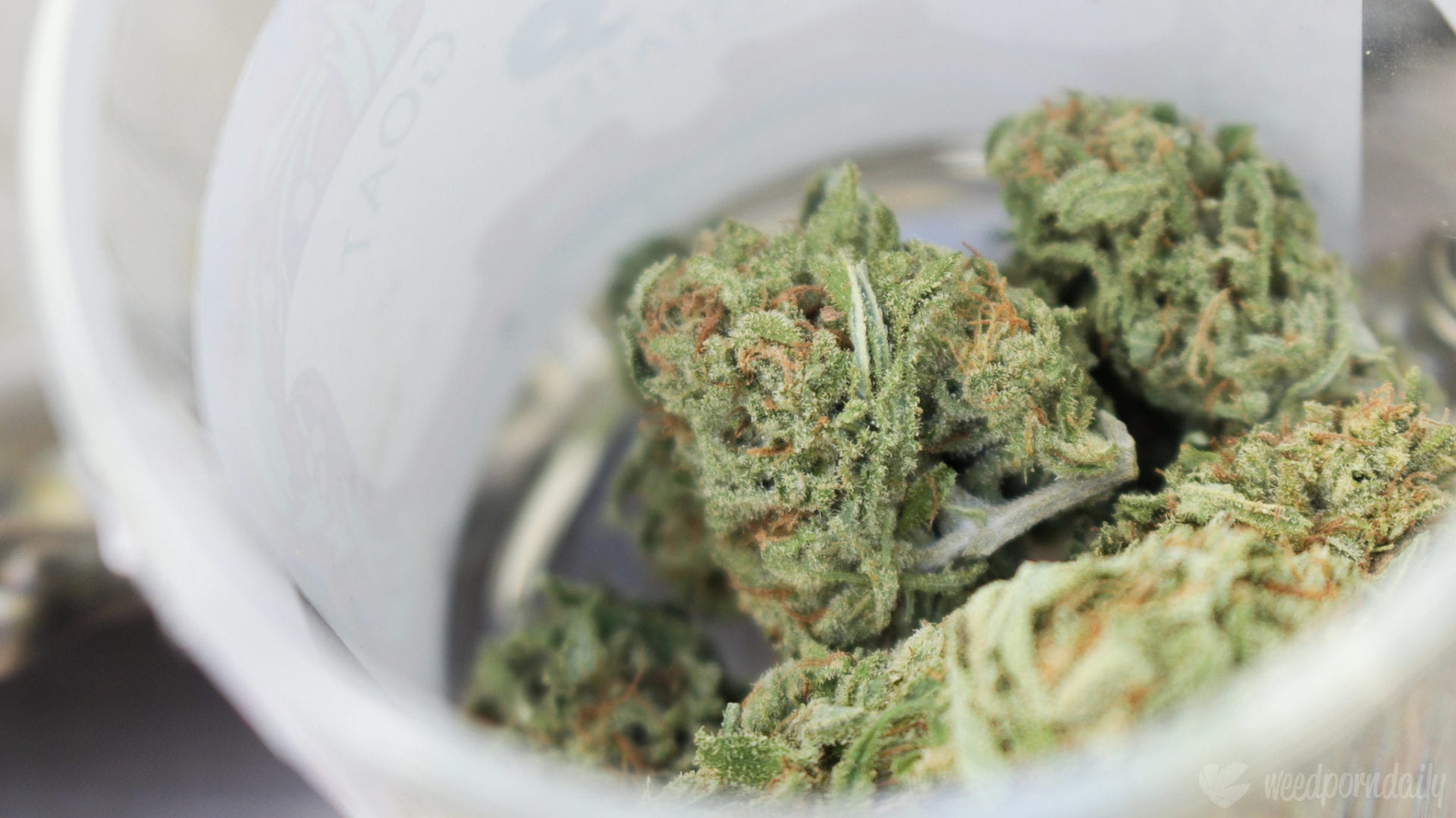Health and Wellness News, Research
Cannabis May Reduce Opioid Use in Chronic-Pain Patients- Study
By
Legalization advocates have long argued that marijuana represents a potentially effective treatment option for chronic pain and could serve as an alternative to opioid-based painkillers—and according to a new scientific meta-analysis, they may be onto something.
Analyzing nine published studies on the subject, a team of graduate students at the University of Arizona’s College of Public Health found that patients reported a 64-75 percent reduction in opioid dosage when used in combination with medical cannabis.
“This review found a much higher reduction in opioid dosage, reduced emergency room visits, and hospital admissions for chronic non-cancer pain by [medical cannabis] users, compared to people with no additional use of [medical cannabis],” the authors wrote.
“There was 64%-75% reduction in opioid dosage for MC users, and complete stoppage of opioid use for chronic non-cancer pain by 32%- 59.3% of MC users, when compared to patients without additional use of MC.”
They noted, however, that design flaws and other limitations of the available research make it impossible to draw more detailed conclusions. Of nine available observational studies on the issue, the team wrote, many had “serious risk” of bias due to missing data or poor outcome measurement and the reliance on patient self-reports, while others failed to adequately describe their research methods or “had no clear study objectives.”
“Included cohort studies were assessed as having serious or critical risk of bias overall,” authors noted, underscoring “the need for caution in interpretation of findings.”
A preliminary version of the new meta-analysis—“Medical cannabis for the reduction of opioid dosage in the treatment of non-cancer chronic pain: A systematic review”—was posted online late last month. It has not yet been peer reviewed or published in a scientific journal.
In addition to the big reduction in opioid dosage when combined with medical cannabis, the review found that 32-59 percent of patients with non-cancer chronic pain reported marijuana as a substitute for opioids.
“One study reported a slight decrease in mean hospital admissions in the past calendar year and decreased mean emergency department visits in the past calendar year for patients who received [medical cannabis] as an adjunct to opioids in the treatment of non-cancer chronic pain compared to those who did not receive [medical cannabis],” the study states.
Despite the shortcomings in data, the research team concluded that evidence is “somewhat promising” that cannabis may reduce opioid use among chronic pain patients, noting marijuana’s “recognized analgesic properties” and the generally positive findings of past studies.
“The nine available studies included in this review suggest that cannabis was effective as an adjunct to opioid in reducing the dosage of opioids in study participants,” they wrote. “However, the design of included studies provides a limited basis on which to make a rational, evidence-based recommendation.”
Among the biggest unknowns remaining, researchers said, is the appropriate dosage of medical cannabis, which in some studies varied between 1.5 milligrams and 2,000 milligrams. Another concern is side-effects: “None of the included studies discussed potential adverse effects of using (medical cannabis) as an adjunct to opioids,” the new paper noted.
To address the gaps in research, the University of Arizona authors called for more experimental research into using medical marijuana in conjunction with, or as a replacement for, opioids, noting the potential to help avoid thousands of opioid-related overdose deaths.
“As the U.S. grapples with the opioid abuse epidemic and searches for less addictive alternatives, experimental studies are urgently needed to assess the effects of cannabis on non-cancer chronic pain as well as its potential to reduce the need for opioids,” the authors wrote. “If cannabis is found to be effective in reducing non-cancer chronic pain, it could serve as a viable substitute for prescription opioids, thus mitigating the opioid epidemic.”
“The availability of, and access to, [medical cannabis] in states with [medical cannabis] laws implies that patients with non-cancer chronic pain who do not obtain relief with common medications might consider [a medical cannabis] prescription. Patient caregivers might suggest trialing [medical cannabis] to relieve pain or avoid the undesirable side effects of long-term opioid use, including dependence and addiction.”
Another study released earlier this month found that cannabis can mitigate symptoms of opioid withdrawal.
In December, researchers determined that states with legal marijuana access experience decreases in opioid prescriptions, and a separate study released the previous month showed that daily marijuana consumption is associated with reduced opioid consumption among chronic pain patients.
Read more from the source: MarijuanaMoment.net


